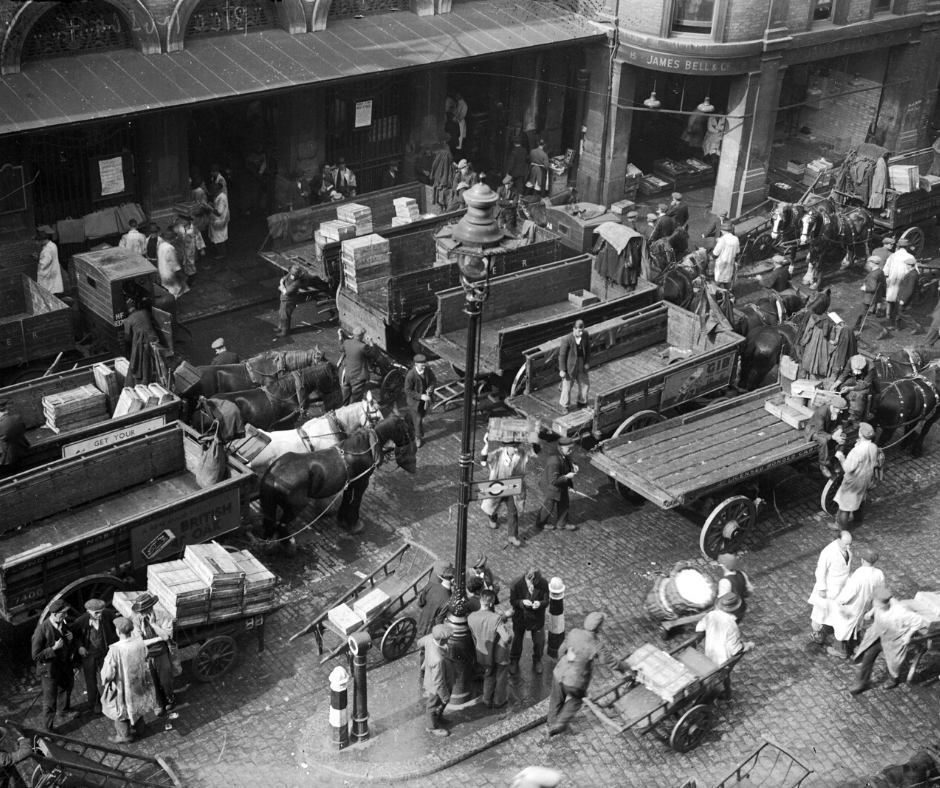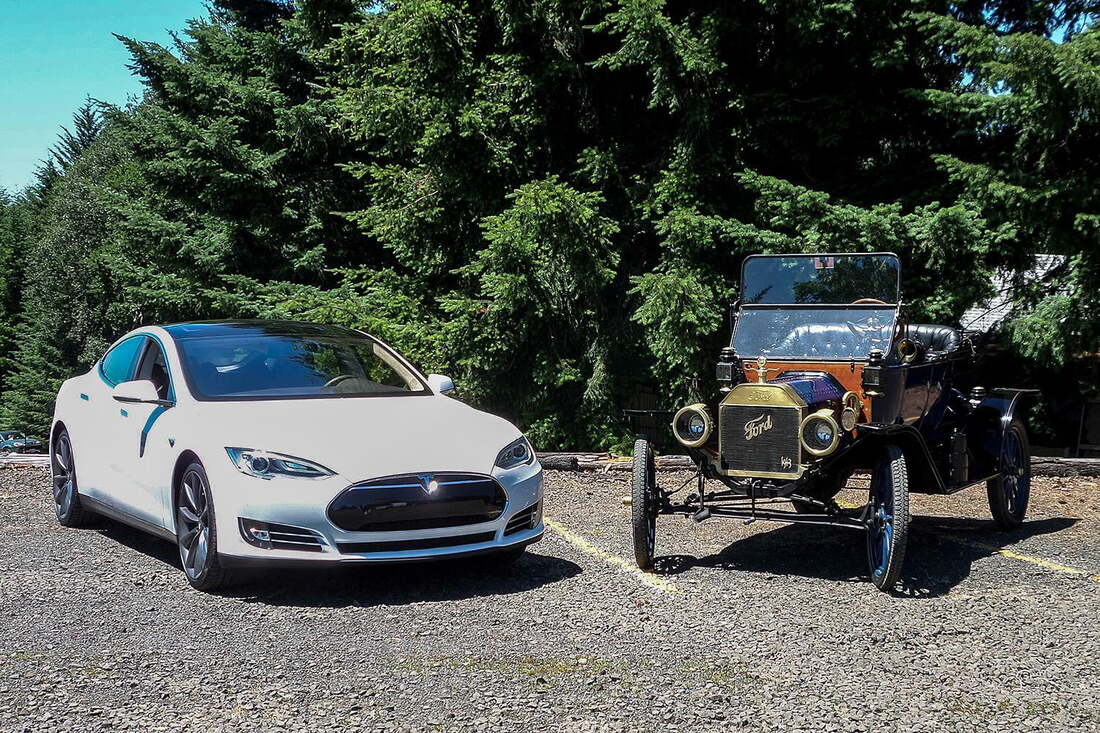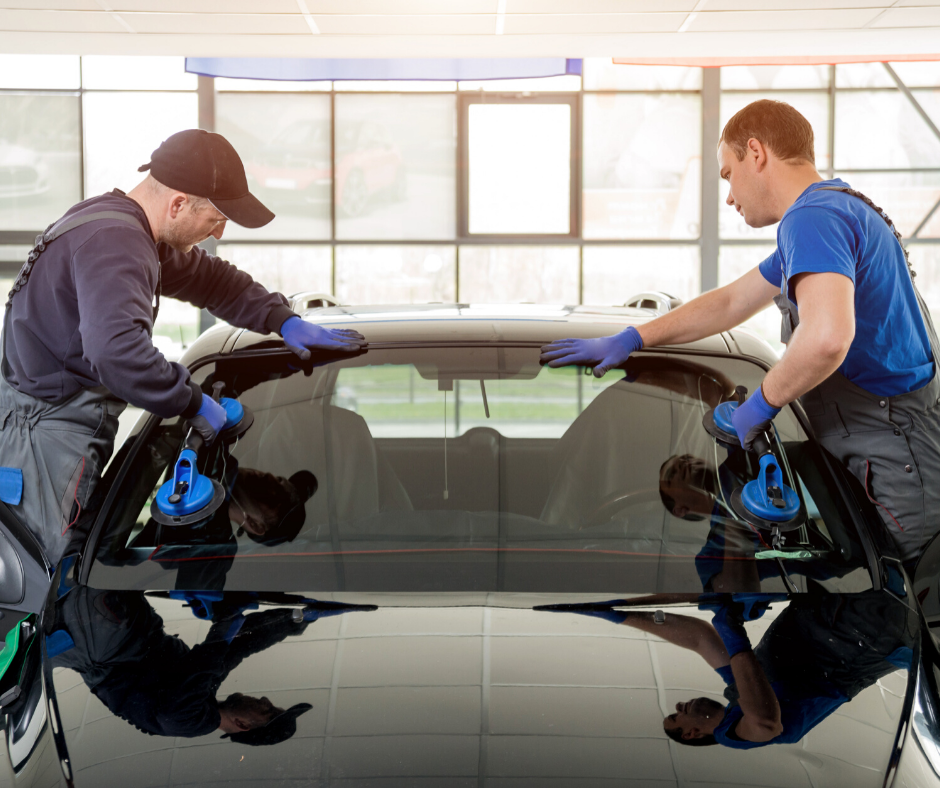|
The internal combustion engine is going the way of the horse.a By: Zack Hurst New York City: The year was 1908. The smell of manure was rampant and flies attacked innocent pedestrians as they walked from building to building. Ok, maybe conditions weren't quite that bad. But that didn't stop the city from making a big change that, over the next few decades, the rest world made as well. They switched to a source of transportation that was less expensive over time, required less maintenance, created less of a pollution problem in the cities, and made life a lot easier for urban dwellers. Sound familiar? What we see today in the energy and transportation transition mirrors that of 100years ago in many ways. The transition from horse to car happened quickly in urban areas where the infrastructure (paved roads and gas stations) popped up to service the needs of the population. So how long will it take for the next transportation transition to take place? Well, if you looked only at the past 10-20yrs, you may say that it can easily take another 30-40yrs before the electric car will overtake the internal combustion for good and the only cars with exhaust pipes will be for similar reasons that we see horses today: for enthusiasts and fringe needs. However, in this modern age, change happens more quickly than it did in the early 20th century. Information spreads at a rapid pace, and the pace of innovation is sometimes hard to keep up with. When we look at the next 20yrs of the electric vehicle, it becomes very easy to see how the days of the gas powered car are numbered. "After more than a century of driving gasoline and diesel-powered cars, hybrids and fully electric vehicles are finally beginning to chip away at the market share of their fossil-fueled forefathers." - Bill Roberson, 2013 The driving force behind this transition is the same as it was in the last century: people want cleaner air to breathe, transportation that is less expensive and easier, and vehicle options that require less maintenance. According to this article by the NY Times, many major urban centers around the world are considering a number of incentives and penalties to encourage the transition to electric vehicles. In the UK, "Bristol is something of a pioneer... and is setting an example with regard to the government’s plans to remove all diesel vehicles from British roads by 2040. A similar target has been identified by France and Germany, while India have gone for a more ambitious deadline of 2030 and Norway are even more optimistic still, vowing to make all new cars zero-emissions in just six years." - https://www.envirotech-online.com/news/air-monitoring/6/breaking-news/will-bristol-become-the-first-uk-city-to-ban-diesel-vehicles/50742 A quick search online can return article after article of similar stories of gas and diesel powered vehicles being fined or outright banned from areas. So how long will it take before electric vehicles have taken over? A lot sooner than most people think. Honestly, (here's the opinion part of this) I think that it's almost foolish to consider buying a gas powered vehicle at this point. (I won't even get into arguing why electric vehicles are better, because I don't need to. They just are.) For someone to buy a vehicle with an internal combustion engine in the coming years it would have to mean one or more of a few things: 1) They don't know any better 2) They need something that EVs just don't provide at this time 3) They want a gas car over an EV for any number of reasons (wrong or right) 4) They're foolish and making a mistake Take your pick. That's where we are these days. EV owners will most likely tell you they would NEVER consider buying a gas car again. EV test drives tend to be nearly all that someone needs to be convinced of the benefits. After that, it's just a matter of doing a little math and crunching the numbers. If you aren't sold on EVs yet, why not? Maybe you should get a horse instead. For those out there who aren't bleeding green for the planet however, there are a number of reasons why driving electric is still the better choice. By: Zack Hurst
|
- Home
-
Learn.
-
EV 101
>
- EV Terminology
- What is an EV?
- Pros and Cons
- EV Types
- Are used EVs a good option?
- How much range do you really need?
- Real world range
- Types of charging and charging stations
- How Long Does It Take To Charge
- EV Charging Apps
- All about EV Batteries
- Regenerative Braking
- BEV System Components
- EV Maintenance
- EV Mythbusting >
- Podcast
- Newsletter
- Magazine
- Articles >
- Vehicle Reviews
- Alternative Fueling Station Locator
-
EV 101
>
- Connect.
- Experience.
- Deals
- Shop
- About Us








